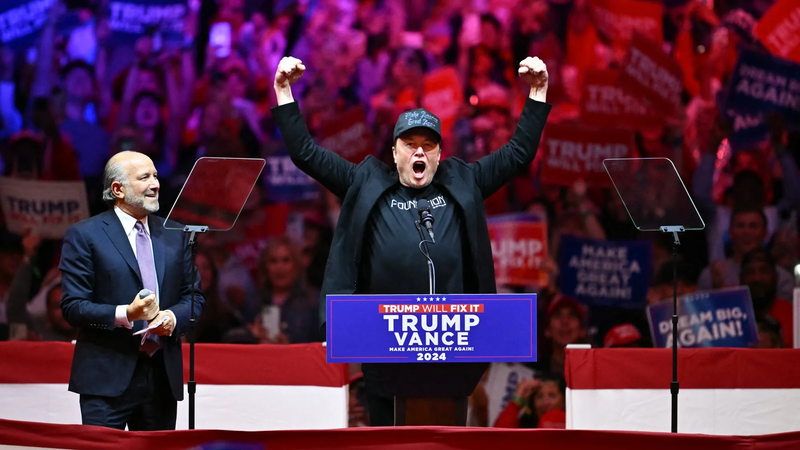Elon Musk is facing significant legal challenges regarding his involvement in the US government. Democratic state officials and federal employees have filed lawsuits alleging that the former president improperly delegated substantial authority to the billionaire.
Two lawsuits, filed in federal courts in Washington and Maryland, claim that Musk, the head of Tesla and SpaceX, is wielding power to restructure and, in some cases, dismantle federal agencies.
The plaintiffs argue that this authority is constitutionally reserved for high-level officials confirmed by the Senate. They are seeking judicial intervention to reverse what they consider the most significant actions taken by Musk and his Department of Government Efficiency (DOGE) so far.
These actions include orchestrating federal spending cuts, reducing the federal workforce, and accessing agency data and systems.
The Democratic state attorneys general, in their complaint, assert that Musk’s seemingly unchecked power to reduce the government’s workforce and eliminate entire departments is a stark departure from the principles upon which the country was founded.
They argue that Musk, who has neither been elected nor confirmed, has been granted authority that is reserved for the president.
Neither the White House nor the US Justice Department immediately responded to requests for comment.
These lawsuits follow more than a dozen others filed in recent weeks challenging Musk’s and DOGE’s access to records and internal systems at various agencies, as well as a deferred resignation program for federal workers. This program is similar to an offer Musk made to employees of X, formerly Twitter, after his acquisition of the platform.
The former president established DOGE in January through an executive order, reorganizing the existing US Digital Service and tasking it with modernizing technology across the government. Its role was expanded earlier this week to include oversight of spending and personnel reductions at federal agencies. Musk was appointed as a “special government employee,” a designation for individuals who are not expected to work more than 130 days per year in the administration.
The lawsuits contend that Musk is acting as a “principal officer,” a role that, according to the Constitution’s Appointments Clause, must be filled with the Senate’s advice and consent. The case filed by 14 Democratic state attorneys general in Washington alleges that DOGE is exercising unauthorized powers. They cite the “major-questions doctrine,” a legal principle used by the Supreme Court to limit federal power.
They point to the court’s 2022 decision that overturned an administration rule requiring workers to receive COVID-19 vaccinations or undergo regular testing, arguing that Congress must explicitly authorize agencies to exercise powers of “vast economic and political significance.”
The other lawsuit, filed in Maryland on behalf of current and former federal employees and contractors with the US Agency for International Development, claims they have been directly affected by DOGE’s efforts to access agency records and the administration’s suspension of USAID’s operations.
The cases are New Mexico v. Musk, 25-cv-429, US District Court, District of Columbia, and Doe v. Musk, 25-cv-462, US District Court, Maryland (Greenbelt).

For comments, Feedback and Opinions do get in touch with our editor on WhatsApp: +44 7949 297606.
